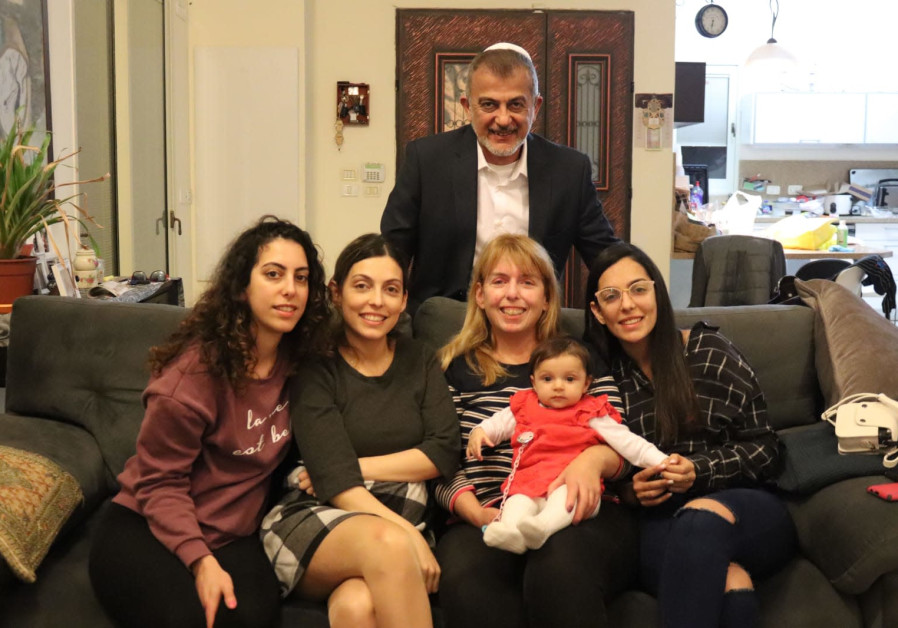The Health Basket Committee began two days of marathon discussions on Monday about what additions would be made to the state-subsidized health basket.
The debate over which new drugs and technologies will be added is expected to last until late Tuesday night, and an announcement of the additions to the basket is expected to be made sometime Wednesday.
The budget this year is NIS 550,000 million, up from NIS 500,000 million the year before.
A team of around 35 medical personnel and other health officials are discussing some 185 new drugs and technologies valued at around NIS 2 billion. These are treatments for chronic and rare diseases, cancer, diabetes, lung disease, liver disease, mental health challenges, as well as for technologies that could be used for genetic screening or dental health.
Of course, only some of the approximately 900 treatments valued at more than NIS 3.5 billion that were originally submitted for consideration by the committee made the cut. Similar to this year, a final around 141 items were on the final list.
One person hoping to see a novel drug incorporated into the health basket is Sara Shoham, 54, from Ness Ziona. She was diagnosed with advanced stage scleroderma (also known as SSc-ILD) three years ago, a disease that causes her lungs to deteriorate and ultimately death.
There is only one drug that has been known to effectively slow the deterioration of the lungs for people with the disease: Ofev.
“I had pain in my joints, redness in my face and a lot of spots, like acne,” Shoham described when she first started suffering from scleroderma. Then, she started to cough. For nearly two years she was on and off antibiotics before she was diagnosed.

“The health funds cannot choose who should and should not die,” Shoham said. “It does not seem right. The fund should have enough for everyone. If it doesn’t, the government is putting money in the wrong places.”
She said, “I am not going to put my hands up and say, ‘I am going to die.’ I have too many reasons to live.”
Making such decisions is “very hard indeed,” said Prof. Mordechai Shani, a former Health Ministry director-general, who helped establish the committee for priority in health back in 1988.
He said the dilemmas that the committee faces are huge and heavy.
“Eight percent of the population are diagnosed with rare diseases. It is a very big budget for just a few people,” he said.
This year, the committee is talking about whether the country should reduce the age of mammography from 50 to 40, if Israel should introduce molecular profiling for cancer patients and, if so, what would be the long-term effects. The proposal for this change was submitted by the One in Nine organization.
He said this is the first year in many in which there was a slight increase in budget and there is no promise that it won’t revert back to the lower amount next year. He said that the government has failed to prioritize the health system, as Israel saw quickly with the onset of the coronavirus crisis.
Will the mirror that COVID-19 held up to the government change its priorities?
Shani said he does not believe that it will.
